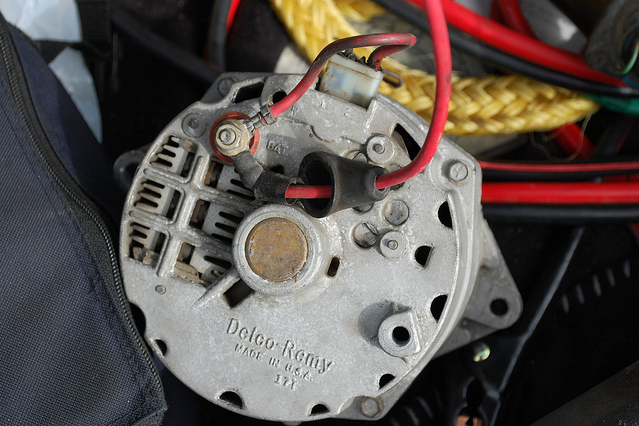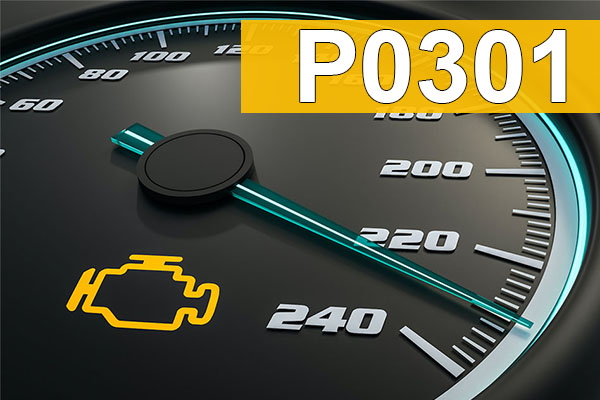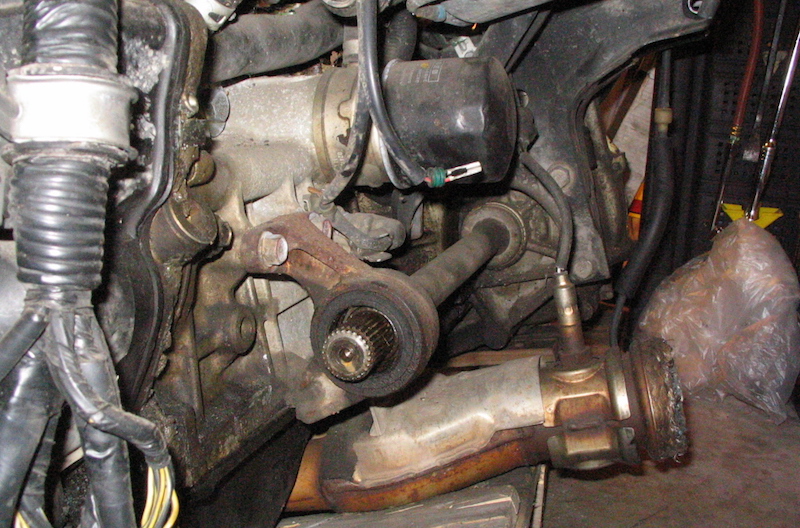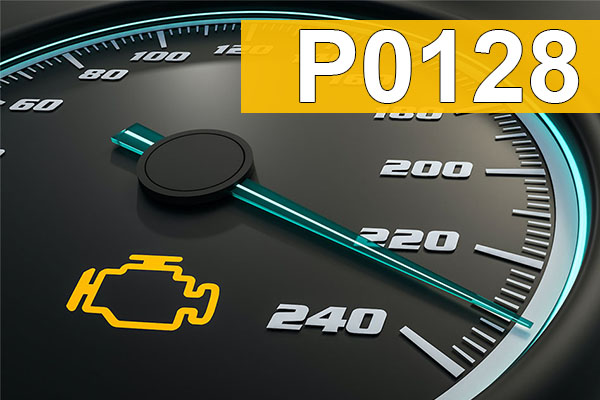An illuminated Check Engine Light (CEL) means that a sensor for a system in your vehicle's drivetrain has recorded a voltage or amperage reading that's outside of norms. This out-of-spec reading is then stored in the powertrain control module (PCM) as a trouble code, which can then easily be accessed by hooking up a code reader/scanner device to the vehicle's diagnostic connector.

Trouble Code P0325: Knock Sensor #1 – Circuit Malfunction (Single Sensor or Bank 1) — What It Means
Engine knocking (also referred to as pre-ignition or "pinging") means that the fuel/air mixture is being ignited prematurely or incompletely. Knocking will heighten nitrogen oxide emissions and if left unchecked, will cause engine damage.
The knock sensor is mounted on the intake manifold or cylinder head and is designed to detect any abnormal pulsation or vibration from the combustion chambers. Acting as a full-time ear to the engine, it can detect a knocking condition and will send feedback to the PCM so it can adjust ignition timing and other factors.
Symptoms
This one can be tough to diagnose as it doesn't always present a lot of symptoms.
- Illuminated CEL
- Drop in fuel economy
- Poor acceleration
- Failed emissions test
- No significant symptoms
What Happens If I Ignore It?
If you drive a flex-fuel vehicle or one with a high-compression engine, a P0325 code will probably rob your engine of a lot of its power. Out-of-spec signals from the knock sensor will affect the PCM's ability to control ignition timing, and this problem with timing is more pronounced with high-compression engines, and in some instances it might be enough to prevent the transmission from shifting into top gear or even put your vehicle into limp-in mode.
The fact that there may be no obvious symptoms, however, doesn't mean you should ignore this code and CEL. A pre-ignition or knock condition can definitely do damage in the long run, so it's important to address this.
Possible Fixes
As always, it's a good idea to look for any recalls or technical service bulletins that might cover this problem for your vehicle. Also, it's important to remember the context and the fact that a P0325 code for the knock sensor often is the result of another problem, such as the cooling system.
- Locate the sensor (its location can vary from one year/make/model to the next). They aren't always easy to locate visually, so refer to your repair manual if necessary.
- Thoroughly inspect the wiring and connector for the knock sensor for tears, corrosion or damage.
- Check for any related trouble codes and address them one at a time. Be especially mindful of a P0118, P2185 or P2183 trouble code, or any other codes related to the cooling system and coolant temperature sensor. Overheating or problems with the cooling system can be enough to cause a knock (not to mention engine damage).
- Clear the trouble codes and drive the vehicle to see if the code returns.
- If code returns, use the scanner and freeze-frame the data.
- If the P0325 code returns, replace the knock sensor and wiring harness for the sensor.
Have you encountered a P0325 code? If yes, was it the symptom of a larger problem? Let us know in the comments.








